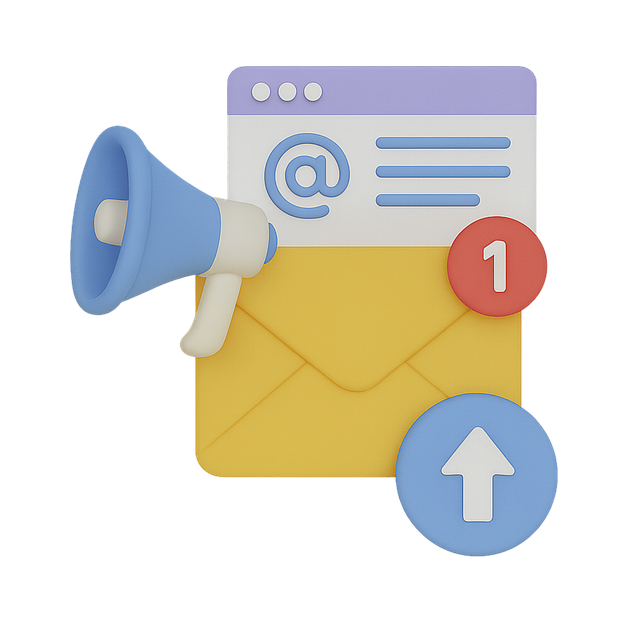AI coaching transforms vehicle repair businesses by leveraging machine learning to analyze data, providing accurate diagnostics, predicting issues, and recommending parts. This automation streamlines operations, reduces errors, and enhances customer satisfaction. AI algorithms act as virtual mentors for technicians, offering real-time guidance, step-by-step instructions, and personalized learning. Implementing AI in workflows through predictive maintenance and image recognition dramatically optimizes traditional processes, ensuring efficient service delivery and maintaining competitive advantages.
In today’s digital era, AI optimization is transforming traditional vehicle repair workflows. This article delves into the pivotal role of artificial intelligence in revolutionizing the automotive industry, focusing specifically on AI coaching techniques designed to enhance efficiency within vehicle repair businesses. We explore strategic implementations, best practices, and insightful tips to leverage AI for improved productivity, cost reduction, and superior customer satisfaction. By understanding and embracing these AI optimization strategies, repair shops can stay ahead of the curve in a competitive market.
- Understanding AI's Role in Vehicle Repair
- Coaching Techniques for Efficient Workflows
- Implementing AI: Strategies and Best Practices
Understanding AI's Role in Vehicle Repair

Artificial Intelligence (AI) is transforming the automotive industry, and its impact on vehicle repair workflows is profound. AI coaching is a game-changer for vehicle repair businesses, offering efficient solutions to streamline operations and enhance precision. By leveraging machine learning algorithms, AI systems can analyze vast amounts of data from previous repairs, manufacturing specifications, and industry knowledge bases to provide accurate diagnostics and suggest optimal repair strategies.
This technology enables repair technicians to access real-time insights, ensuring they make informed decisions. AI can identify patterns in common issues, predict potential problems based on vehicle history, and even recommend replacement parts with high accuracy. As a result, vehicle repair businesses can reduce time spent on manual tasks, minimize errors, and offer faster, more reliable services, ultimately improving customer satisfaction and business efficiency.
Coaching Techniques for Efficient Workflows

Implementing AI coaching techniques can significantly optimize vehicle repair workflows, enhancing efficiency and productivity for repair businesses. These advanced technologies act as virtual mentors, providing real-time guidance to technicians during the repair process. By analyzing vast datasets, AI algorithms can identify patterns in common issues, offering tailored solutions and best practices. This proactive approach ensures that repairs are completed faster and with higher accuracy.
For instance, AI coaching systems can offer step-by-step instructions for complex tasks, reducing the time spent on research and training. They can also adapt to individual technician skills, providing personalized feedback. Such customization enhances learning curves, allowing businesses to upskill their workforce effectively. As a result, vehicle repair companies can streamline their operations, meet customer demands more efficiently, and maintain competitive advantages in an ever-evolving market.
Implementing AI: Strategies and Best Practices

Implementing AI in vehicle repair workflows can transform traditional processes into efficient, data-driven operations. For businesses looking to integrate AI coaching, the first step is identifying specific areas for optimization. This might include predictive maintenance, where AI algorithms analyze sensor data from vehicles to anticipate service needs, reducing unexpected breakdowns and downtime. Additionally, AI-powered image recognition can streamline diagnostic processes by quickly identifying damage or issues from visual inputs, enhancing accuracy and speed.
Best practices suggest starting with well-defined goals and a pilot program to test and refine AI solutions. Ensuring high-quality data is crucial for training AI models; collecting and annotating vehicle repair data sets accurately will yield more reliable outcomes. Collaboration between IT specialists, mechanics, and data scientists is essential to select the right AI tools, implement them seamlessly into existing systems, and provide ongoing support for continuous learning and improvement in vehicle repair businesses.
AI optimization strategies, particularly through effective coaching techniques, have the potential to transform vehicle repair workflows. By implementing these best practices, repair businesses can streamline operations, enhance efficiency, and deliver improved customer experiences. Embracing AI coaching allows for data-driven decision-making, enabling businesses to stay competitive in a rapidly evolving automotive industry. Integrating these strategies ensures that vehicle repair keeps pace with technological advancements while prioritizing cost-effectiveness and precision.
